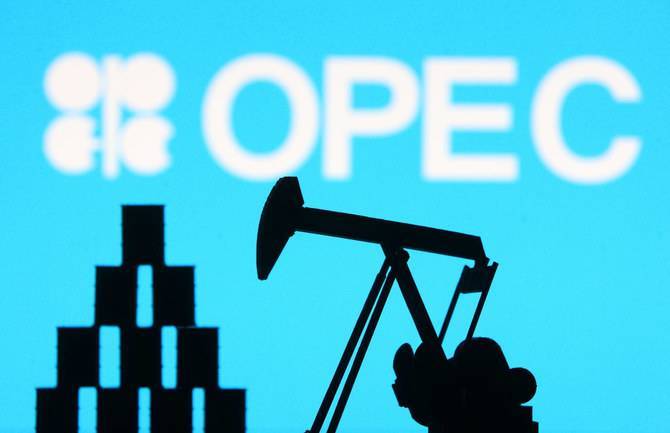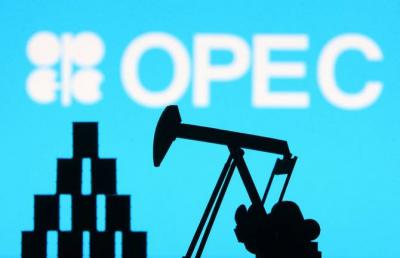Members of the Organization of the Petroleum Exporting Countries (OPEC) and its allies, led by Russia, gather under the term OPEC+ in Vienna, Austria, on November 26, to discuss joint production policy. Here are key facts about OPEC+ and its role.
**What are OPEC and OPEC+?**
OPEC was established in 1960 in Baghdad by Iraq, Iran, Kuwait, Saudi Arabia, and Venezuela to coordinate petroleum policies and ensure fair and stable prices. It now includes 13 nations, mostly from the Middle East and Africa, producing about 30 percent of the world's oil. OPEC's influence has faced challenges over the years, often leading to internal divisions, and the global trend towards clean energy and reduced fossil fuel consumption may ultimately diminish its dominance. OPEC formed the OPEC+ alliance with ten of the world's largest oil-exporting countries outside the organization, including Russia, at the end of 2016. OPEC+ accounts for approximately 40 percent of global oil production, and its primary goal is to regulate oil supplies in the global market. The alliance is led by Saudi Arabia and Russia, with each producing about nine million and 9.5 million barrels per day, respectively.
**How Does OPEC Affect Global Oil Prices?**
OPEC's member countries account for about 60 percent of global oil trade. In 2021, OPEC estimated that its members hold more than 80 percent of the world's proven oil reserves. Due to this substantial market share, OPEC's decisions can influence global oil prices. Its members regularly meet to determine the amount of oil to supply to global markets. As a result, oil prices tend to rise when these countries decide to cut supplies amid decreasing demand, while prices often fall when the group opts to increase oil supply in the market. In the last OPEC+ meeting in June, Saudi Arabia pledged to cut its production by one million barrels per day in July, marking the largest reduction in a broader OPEC+ agreement, aiming to restrict supplies until 2024 to bolster declining oil prices. Since then, Saudi Arabia has extended its voluntary additional cut until the end of this year. On November 16, oil prices fell about five percent to a four-month low amid concerns about economic growth but later recovered, supported by expectations that OPEC+ would take action to support prices. However, prices largely ignored escalating tensions in the Middle East.
**How Do OPEC Decisions Impact the Global Economy?**
Some production cut decisions have had significant effects on the global economy. During the October War in 1973, Arab OPEC members imposed an oil shipment embargo to the United States in response to its decision to resupply the Israeli army, which included other nations supporting Israel. The organization also announced production cuts. The embargo pressured the already struggling U.S. economy, which relied on imported oil. Oil prices surged, causing fuel costs to rise for consumers and leading to fuel shortages in the United States. The embargo brought the U.S. and other countries to the brink of a global recession. During the COVID-19 lockdowns worldwide in 2020, crude oil prices fell, prompting OPEC+ to cut oil production by about ten million barrels per day, roughly ten percent of global production, to support prices.
**What Are the Current OPEC Member Countries?**
Current OPEC member countries are Saudi Arabia, the UAE, Kuwait, Iraq, Iran, Algeria, Angola, Libya, Nigeria, Congo, Equatorial Guinea, Gabon, and Venezuela. Countries participating in the OPEC+ alliance that are not OPEC members include Russia, Azerbaijan, Kazakhstan, Bahrain, Brunei, Malaysia, Mexico, Oman, South Sudan, and Sudan.




